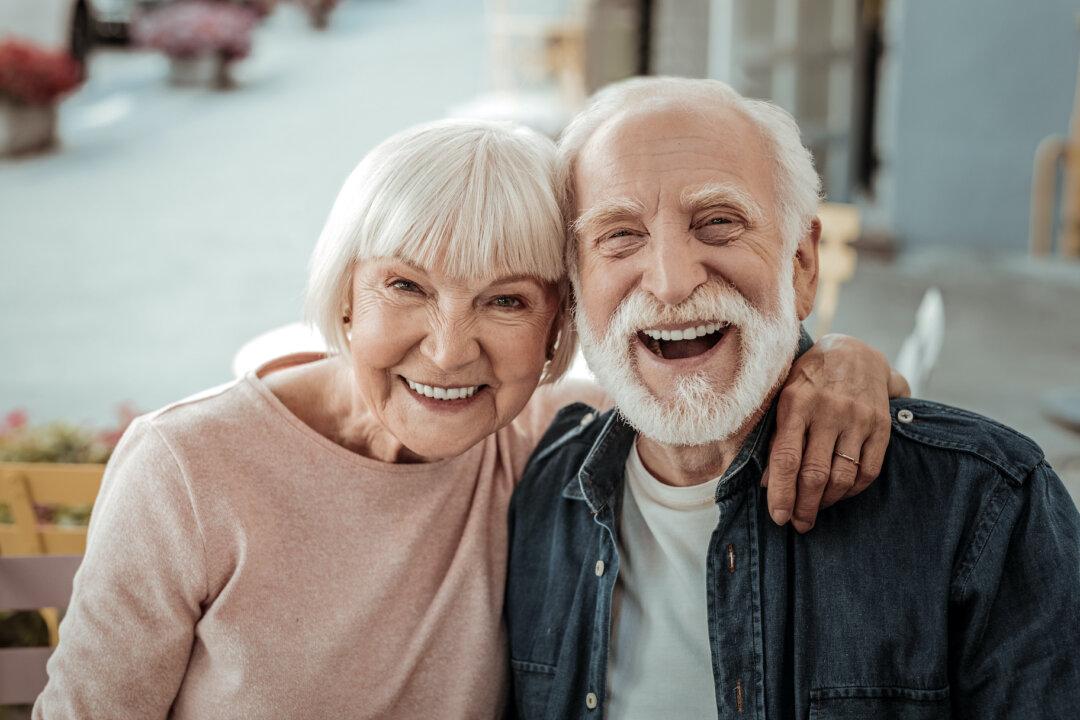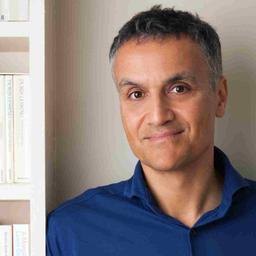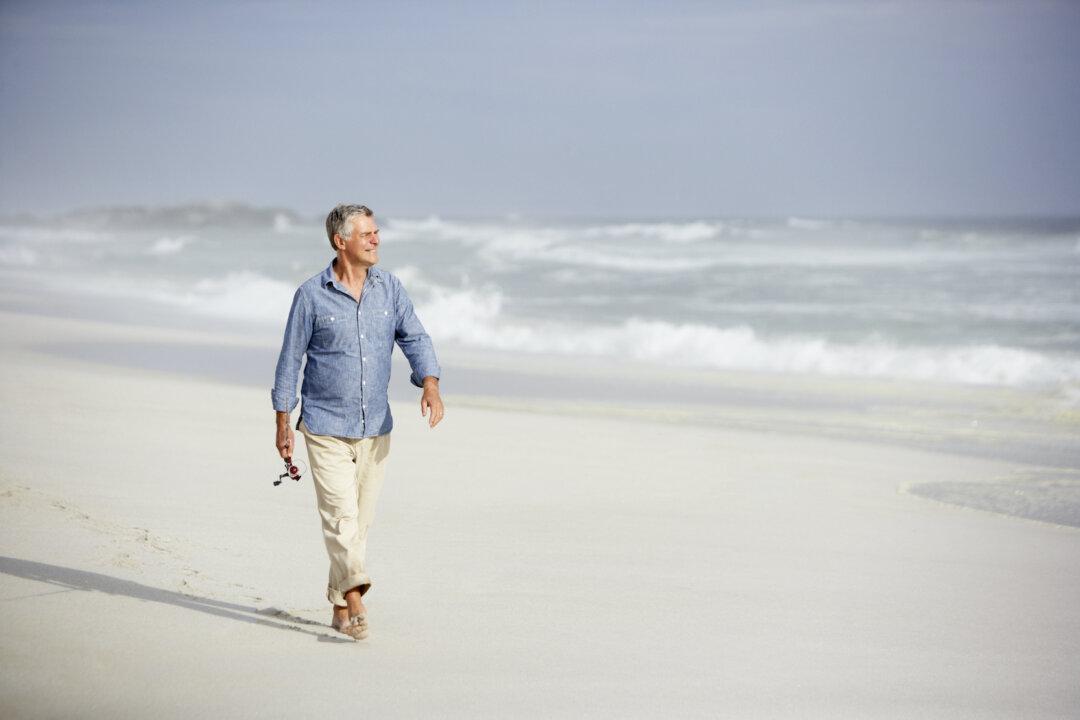It comes to all of us in the end: that crushing moment when you suddenly feel—old. The trigger might be a milestone birthday, an illness, or an injury. It might be a romantic snub or a missed promotion at work.
For me, it was discovering that I was the oldest player at a hockey tournament. Picture the scene: I was 48 at the time and had just propelled my team into the semi-finals by scoring a highlight-reel goal. I was walking on air. And then came the crushing news.





